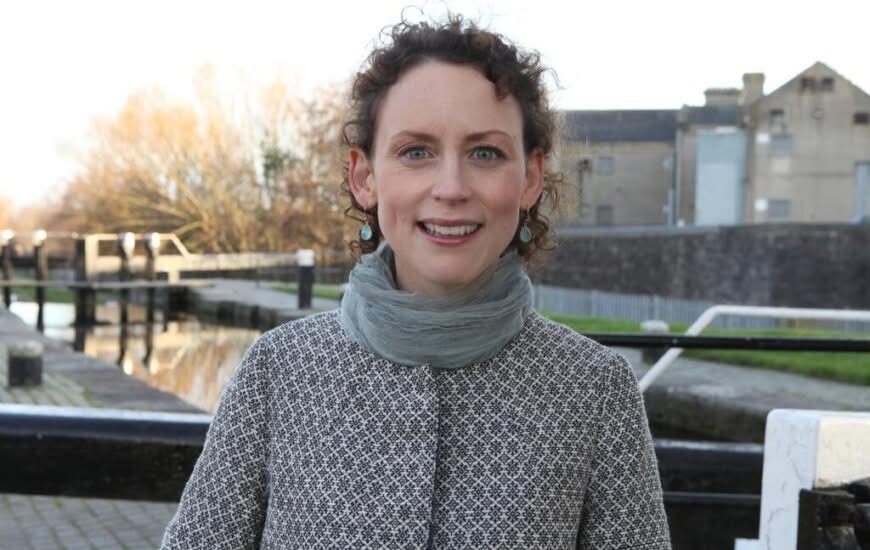Ireland is facing a deepening crisis in children’s therapy services, with thousands of young people left waiting over a year—and in many cases more than two years—for vital supports including speech and language therapy, psychology, occupational therapy, and audiology. The latest data released by the HSE paints a stark picture of unmet need, chronic under-resourcing, and growing inequality in access to essential services.

At the heart of the crisis are shocking delays. In areas such as Dublin West, Galway, Kildare and West Wicklow, Kerry, and Cavan-Monaghan, over 500 children in each region are waiting more than a year for intervention. Cavan-Monaghan, in particular, stands out as a blackspot, with 295 children waiting over two years for speech and language therapy. Dublin North-West fares no better, with 142 children also delayed by over two years.
The numbers waiting more than 12 months for speech and language therapy have almost tripled—from 1,721 in October 2021 to 5,154 by the end of 2024, a rise of 199%. Similarly, occupational therapy saw a 198% increase in long waits, with figures rising from 1,721 to 5,124 in just over two years. Audiology services are in similar turmoil, with 13,702 children now waiting more than a year for an assessment, up from 8,457 in 2021.
The psychology treatment backlog is also growing. Nationally, 11,552 children are waiting more than a year—an increase of 7,280 since 2021. In CHO4 (covering Cork and Kerry), the number jumped from 881 to 4,000. CHO2, which includes Galway and Mayo, saw its numbers soar from 198 to 1,195. Cavan-Monaghan alone went from 40 to 442 children waiting, a tenfold increase.

These delays have profound consequences. Timely intervention is critical for children with developmental delays, disabilities, or mental health needs. Without it, children risk regressing—losing language skills, missing educational milestones, and falling further behind socially and emotionally. As Labour TD Marie Sherlock put it, “The impact of the failure to ensure timely care… is that there are many children regressing without support.”
Staffing shortfalls are at the root of the crisis. While demand for services has soared, staffing levels in therapy disciplines have only risen between 9.7% and 16.5% over the past three years. More than 500 funded therapy posts remain unfilled. The HSE has acknowledged these gaps, noting that Children’s Disability Network Teams (CDNTs) are stretched beyond capacity. These teams, meant to serve around 43,000 children, are unable to meet demand due to staff vacancies and a rise in complex cases.
The HSE’s own analysis states plainly that supply is being outstripped by demand across speech and language therapy, occupational therapy, and other allied health services for both children and adults. In its parliamentary response, the HSE cited “significant challenges” for CDNTs, including an increase in complex cases, ongoing staff shortages, and diversion of resources from therapy to assessment.
While the HSE’s Roadmap for Service Improvement 2023–2026 outlines a plan to improve equity and access, critics say it’s not enough. The roadmap includes working groups on workforce retention and cross-sector collaboration between education and health, but without urgent action on recruitment, retention, and funding, these measures risk being too little, too late.
Marie Sherlock has called on the Government and HSE to rethink the entire model underpinning disability services: “We need a fundamental change in how and where services are provided. New types of support roles must be developed to meet growing need and ensure timely care.”

The scale of unmet need is national in scope, but certain regions are bearing the brunt. Areas like Cavan-Monaghan, Dublin North-West, Galway, and Wexford are seeing particularly severe delays. Yet across the country, the same story is playing out: long waiting lists, burned-out staff, and children left behind.
This is more than a capacity issue—it’s a matter of rights. Every child deserves access to timely, appropriate therapy services that support their development and inclusion in society. No family should be forced to fight for years to access basic services.
It’s time for action—not just roadmaps and reports. The Government must immediately fast-track recruitment for vacant therapy posts, provide emergency funding for community-based interventions, and engage directly with families impacted by the system’s failures.
If the political will exists, Ireland can turn the tide. But until then, thousands of children will continue to wait, and regress, while the system fails them.

